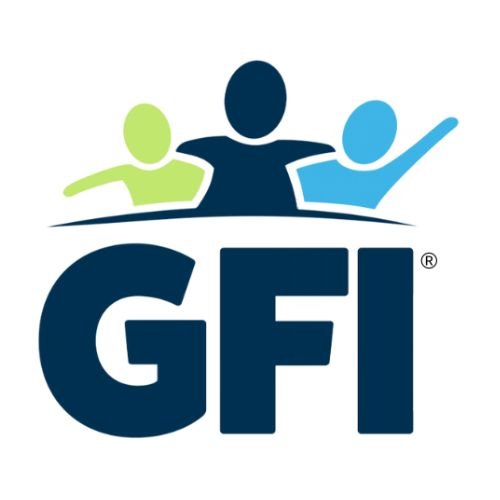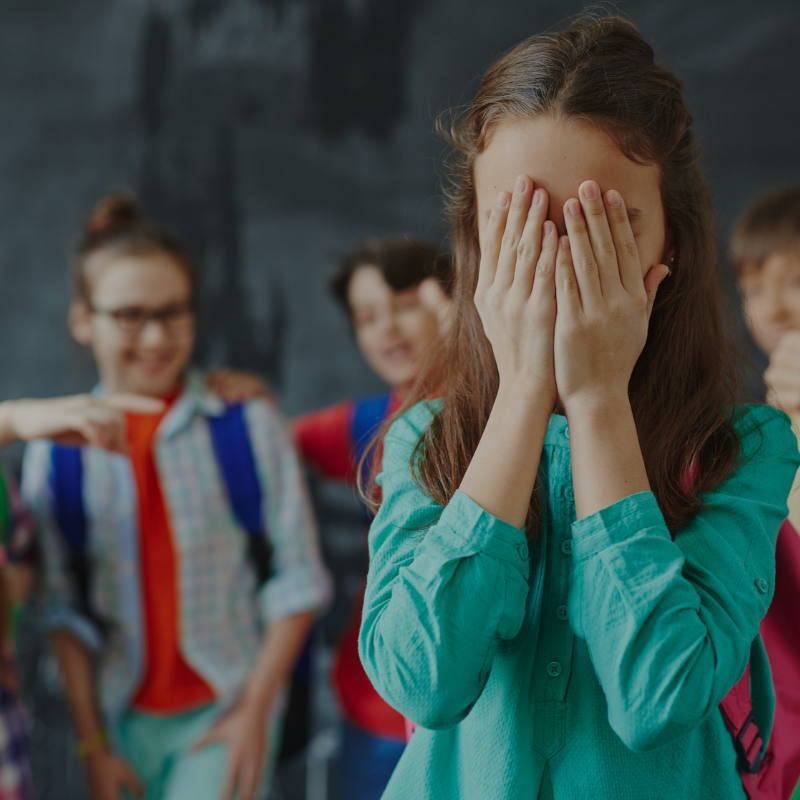The Case for Explaining Your Autistic Child's Neurology
As a community helping children to be more aware, accepting, and empathetic, we can do better – and we must. Whether we’re improving our neurodivergent children’s self-awareness and perception or helping neuromajority children realize that different brain wiring impacts the way autistic peers understand and process the world around them, sharing information in an age-appropriate, strengths-based way is critical to healthy social emotional development.
Neurodivergence and Emotional Response
What any educator will confirm is that every child is unique, whether on the spectrum or not. How they react to stimuli will vary among them, with some increased irregularity among our neurodiverse kids. Recognizing exactly how we’re feeling from their perspective, or how they’re feeling inside, can be difficult to interpret. Here are some common emotional responses to dispel some of the mystery.
Demonstrating Autistic Acceptance
If the aim is an inclusive classroom for neurodivergent kids, we aren’t going to achieve much without leadership showing them how it’s done. Modeling this sort of behavior might feel cumbersome, for fear of overcompensating with forced or unnatural interactions. But a few subtle techniques fly right under the radar and create a culture of acceptance with ease.
5 Classroom Activities That Foster Inclusion
As educators, we value the importance of inclusion and recognize that each and every student comes with their own gifts, quirks, and challenges. Our kids, who are still discovering who they are, and each other, benefit from classroom activities that foster inclusion, educate and celebrate their unique characteristics, and create better connections between peers.
Bullying and Autism - Disability Harassment?
1 in 5 students in general, and 1 in 3 autistic students, are bullied. When bullying behavior focuses on a target’s disability, it can be disability harassment.
How Will Students Know They Belong in Their Classroom?
Since the average enrollment of an American public school exceeds 500 students (EducationWeek, 2019), by the numbers associated with autism prevalence (CDC, 2021), an administrator can be statistically assured that the school’s count of students on the spectrum will be in the double digits. It is likely that the least restrictive environment for those autistic students will be in inclusive classrooms. And the way to prepare the environments in those inclusive classrooms is in part through peer education.
'Of course you should understand me!'
If you're a long-time reader of this blog, you know that much of what we (Good Friend, Inc. co-founders Chelsea Budde and Denise Schamens) write about comes from personal experience. Whether it's something we've encountered while "in the field" or in our own homes, raising children with differently-wired brains, it's often illustrative of a greater truth or broader concept.
Reasonable Accommodations
My family and I are on vacation. We are visiting theme parks and family, splitting up when we need to for the well-being of our kiddos on the spectrum. My 15-year-old son in particular has a number of "rules" he's self-imposed to protect against sensory assaults and general violations. One is that he cannot get his shirt wet.
Talking to Children about Talking
A couple weeks ago, I was with my 12-year-old daughter and 15-year-old son at a public park pool in our community. It's generally a great place to connect with friends from school. But not all children are friendly -- or at least they say some pretty unfriendly things. One group of 14ish-year-olds made my son particularly upset when he tried to interact with them. Seeing his anguish, a couple of them initiated personal apologies to him on their own.
Teachers Who Make a Difference
It's the last week of school in our district, and my own children have been through tremendous transitions this year. In the hands of less capable educators, this week might have felt very different for us. I have had school years as a mom -- and I'm sure you teachers and students have had them, too -- when you're just grateful the year is OVER.
Talking about an ASD Diagnosis
Following a recent Good FriendPeer Sensitivity Workshop, an observer remarked how she had seen similar presentations about autism, but the presenter never actually used the word "autism". I thought that was much like talking about reproduction without mentioning the sex organs: not very helpful, and one leaves with more questions than useful information.
Talking TO our friends with autism
As Good Friend co-founder and fellow autism mom Denise Schamens and I have expanded our observations of and interactions with this autism spectrum cosmos, we have gained a better understanding and appreciation for the wonder and beauty it holds.
Making an impact
Whether it's as an employee or a parent, do you ever wonder, "Am I really making an impact? Is the effort I'm giving returning anything?" I know when my children were younger and I was home with them, some of those days seemed awfully long. I'd change my shirt for the third time that day because it smelled like the more unpleasant of baby scents and recall with longing the kudos of a client who appreciated a job well done. I began to wonder what my life would be like once my children were in school full-time and I could return to "work".
"We ALL Fit" single release!
In 10 days, on Thursday, January 9, 2014, at 10 a.m., some 500 teachers, students, administrators, community stakeholders, and cast members will gather at Cushing Elementary in Delafield, Wis., to see the "We ALL Fit" music video by The Figureheads for the first time. Following the world premiere event, the video will be available on YouTube and the single (featuring Noelle Budde, Evelyn Barta, and Regan Carter) will be available through online music outlets. Like our Facebook page to get the links after the premiere.
Pretending to be "normal"
Whether your neighborhood hosted trick-or-treaters already, or is gearing up for the swarm of costumed kiddos later this week, this is a time when many of us celebrate our children pretending to be other than who (or what) they are. Sometimes the costumes are so elaborate or concealing, we cannot recognize our pals. And some characters even assume their costumed persona while at the party or collecting candy. There is, of course, no expectation that such charades will continue past Halloween.
















